Everyone has those rushed mornings that you’re grateful you’re only 15 minutes late leaving the house. But, then your car won’t start. We agree—it’s the worse. Let’s break down the reasons why cars have troubles cranking.
How a Car Starts
It’s as simple as turning the key and boom!—your car is running. But, there is more to it than that.
When you turn the key, the spring-loaded ignition switch interacts with the starter by connecting the power from the battery to the starter motor. In turn, this cranks the engine and is your signal to release the key.
Not so simple. With so many parts and connectors involved, it’s easy to see how a car has trouble starting.
Why Your Car Won’t Start
Maybe it’s curiosity. Or perhaps you’re currently sitting in your driveway wondering “why won’t my car start.” Here are the top 5 reasons your car isn’t starting.
1. Key Won’t Turn
If the key doesn’t turn, the car definitely won’t start. Let’s start with the obvious: are you using the correct key? If yes, try your spare. Keys and locks require a perfect fit; if your everyday key begins to wear, it could stop working.
Where are your tires? Parking with your tires cranked in one direction puts pressure on the steering lock. Force the steering wheel, and tires, in one direction and then the other while trying to turn the key. This wiggle will relieve the pressure.
2. When I Turn the Key, Nothing Happens
If after turning the key, nothing happens it could be a few things.
Check that the clutch is fully engaged or that the vehicle is in Park or Neutral. If all that checks out, it could be the battery.
But, my lights are still on? Lights require minimal amounts of power to operate—unlike your vehicle trying to start.
Jump you car and head to the auto shop or an auto parts store. They can test your battery. If the battery tests fine, it means you have a connection issue. Check the battery terminal cables. If they are loose, tighten. If they are rusted, replace them.
Everything checks out? It’s time to inspect the starter. Usually associated with a faint click, a failing starter means your car isn’t going anywhere.
3. Engine Cranks, But Doesn’t Start
You hear it trying, but it just never gets going enough to release the key. Keeping it in this position eventually drains the battery, but that’s not the problem. The most common?
You’re out of gas. You thought you had enough to make it the gas station, but you were wrong. Or, you do have gas, but something is going wrong in the fuel supply. This is going to require specialized testing at an auto shop to determine where the problem is: the spark, the fuel or the compression.
4. Engine Starts. And Then it Dies.
Bummer. This is also a fuel problem, possibly dealing with the choke. It’s time to visit the shop.
5. It’s Raining, and My Car Won’t Start
Luckily, it’s most likely lousy timing. But, if you are convinced it due to the rain—check inside the distributor cap, does it feel damp? If you can find a ride, purchase some mechanic’s solvent from an auto parts store. Turn the cap upside down and spray it with some solvent. Then, dry and put it back on. If the car starts, problem solved.
Car troubles are never fun, especially when you can’t even get your car started. While the majority of issues can be solved with a new battery, your car not starting could be telling you something. Have a vehicle that won’t start? Give us a call at 281-894-8880 to schedule a service.

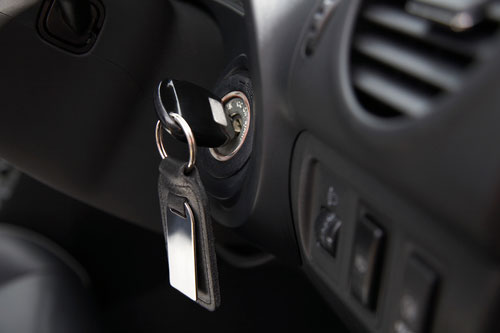
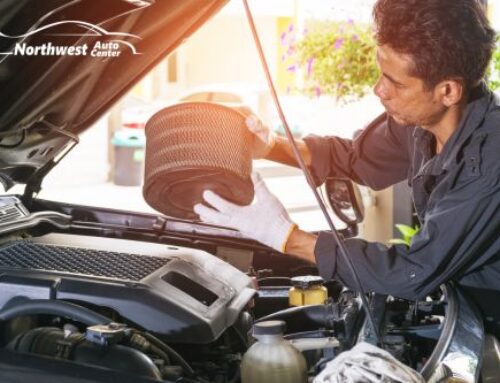
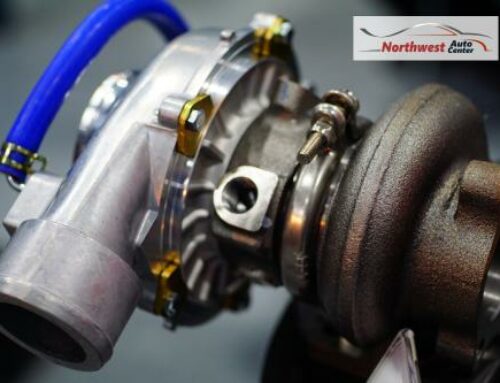
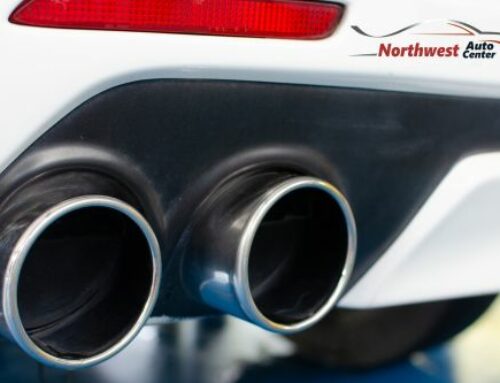
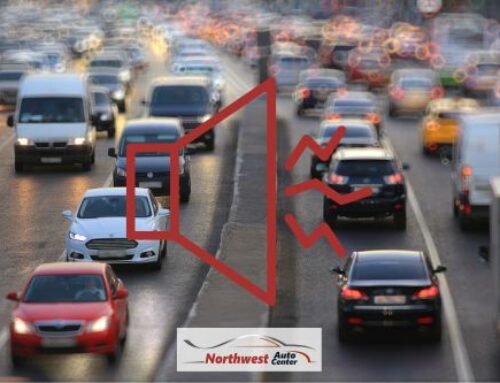
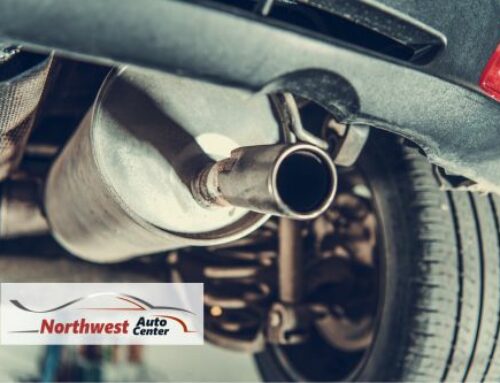
[…] engine as you insert your key and crank it. In fact, you usually never give it a second thought (unless it doesn’t turn on—then it gets your full attention). But, it deserves more. After all, ignition systems are responsible for the spark that gets your […]
[…] cold doesn’t just affect your tire pressure; it can affect your battery’s ability to get you going in the morning. The lower temperatures cause delayed reactions and less current to be produced. If your battery […]